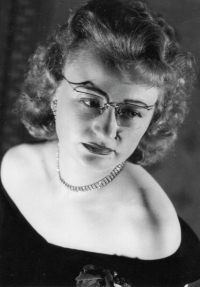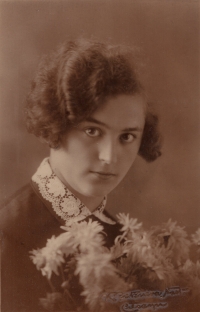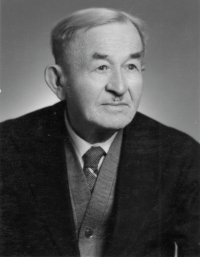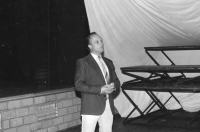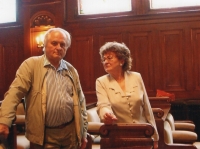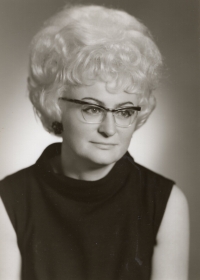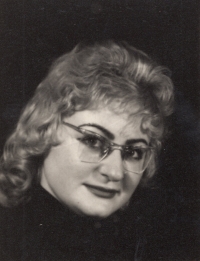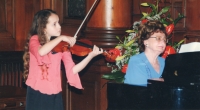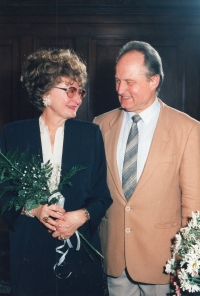Life written in notes. Communists ruled outside, behind the walls of the theater
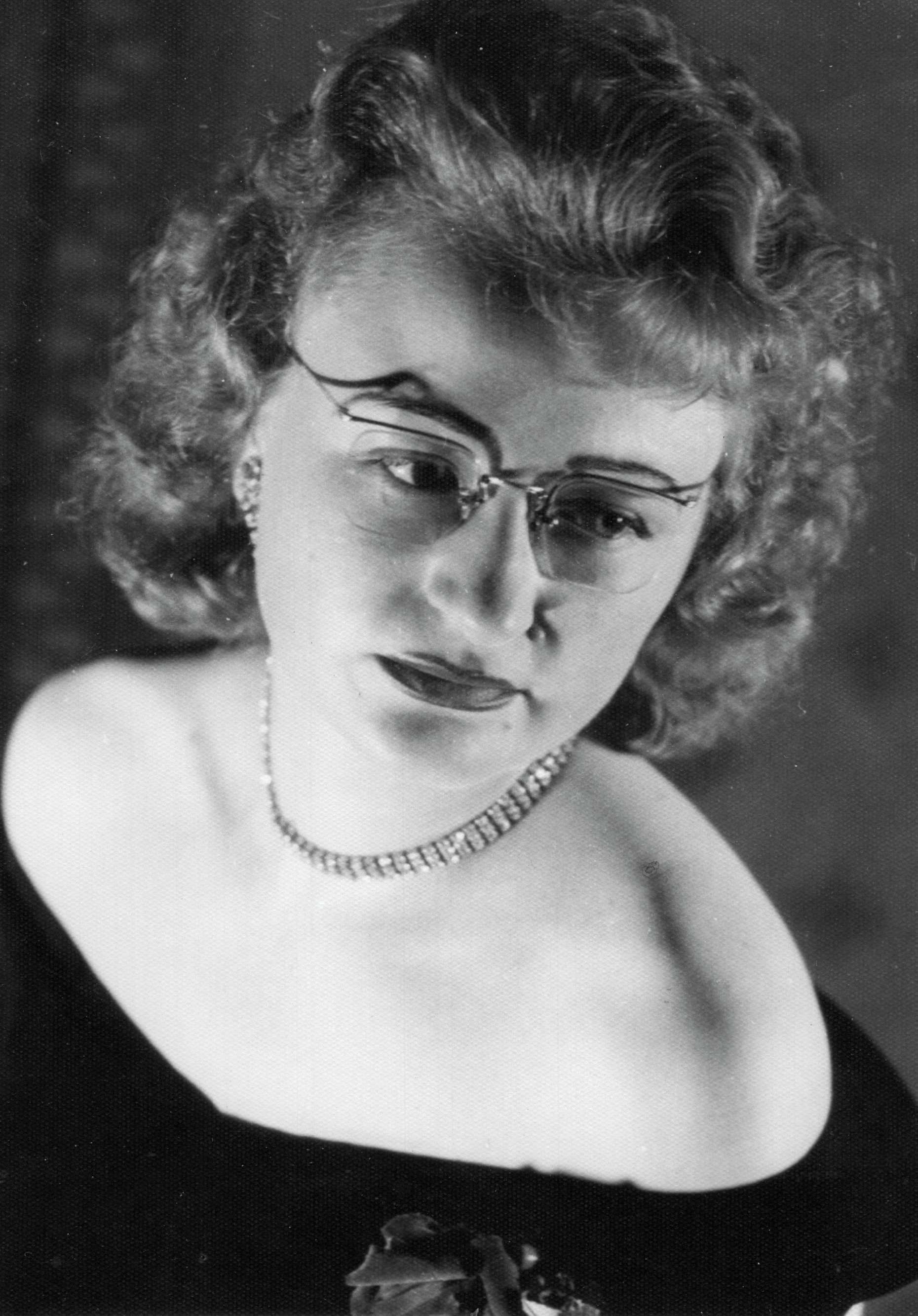
Stáhnout obrázek
Jiřina Permanová was born on January 4, 1934 in Volhynia, in the city of Rovno. Shortly after the beginning of the Second World War, the Germans, who occupied Rovno, took her father Bohumil Perman to forced labor. Her mother Marie and her daughters Jiřina and Anna did not want to stay alone in Rovno, so they moved to live with relatives in Zelów in Poland, where they lived until the end of the war. In the meantime, her dad found housing in Czechoslovakia, and the Permans were one of the first families to return to their former homeland in 1945. Jiřina Permanová loved playing the piano since she was young. Everything important was given to her by professor Jaroslav Hauft at the music school in Liberec. In 1962, she auditioned for the F. X. Šalda Theater in Liberec, where she spent the next forty-five years. She worked as a répétiteur in the opera and played with her third husband the violinist František Bulva in his sextet. She also experienced the invasion of Warsaw Pact troops in August 1968 and demonstrations and a strike in the theater during the Velvet Revolution in the fall of 1989 in Liberec. She received the Honor of the Governor of the Liberec Region in 2021 for her lifelong contribution to music. At the time of the interview in 2022 she lived in Liberec. We were able to record the story of the witness thanks to the support of the Statutory City of Liberec.
